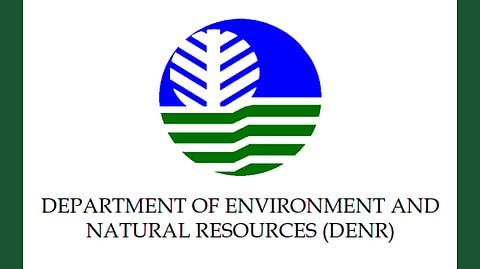
- NEWS
- the EDIT
- COMMENTARY
- BUSINESS
- LIFE
- SHOW
- ACTION
- GLOBAL GOALS
- SNAPS
- DYARYO TIRADA
- MORE

The Department of Environment and Natural Resources reported over the weekend that more than 350 local government officials and stakeholders in waste management and water security from across the country vowed to provide safe water and sanitation infrastructure, among others during the Waste and Water (W2) Summit held last 26 January.
In the report, the DENR said the LGUs likewise vowed to adopt and enforce policies and regulations, and actively work with local partners and the national government for an inclusive approach to safe water and sanitation for a cleaner, healthier and sustainable environment.
Organized by the DENR and the Department of the Interior and Local Government, the W2 Summit is in support of President Ferdinand R. Marcos Jr.’s call for a clean environment and sustainable management of the country’s resources.
The summit identified solutions to water problems including strengthening of technical capacities in the local level through partnerships with national government agencies and international organizations, allocation of funds for water development with priority given to community needs, and a coordinated approach to water concerns across offices through the Program Convergence Budgeting. Stakeholders should also be proactive in finding which areas have water and those without, and explore the latest in water technology.
For the waste sector, among the solutions raised were strengthening partnerships with NGAs, local government units, academe, private institutions and the informal waste sector, creating incentives to encourage waste segregation in households, and ensuring that e-waste and disaster waste are part of the Solid Waste Management Plan.
“Collaboration here is important. LGUs should tell us what their problems are and we will come up with a plan,” DILG Secretary Benjamin Abalos Jr. said.
Environment Secretary Maria Antonia Yulo Loyzaga on the other hand, underscored the critical role of LGUs in the country’s push for sustainability and resilience, particularly in achieving the targets of the Philippine Development Plan and the Sustainable Development Goals.
“A study estimates that 65 of the 169 sub-targets of our 17 SDGs will not be achieved without the engagement of our local and regional governments,” she said.
Loyzaga emphasized the need to develop and protect water sources, conduct water treatment effectively, distribute water efficiently, and collect sufficient fees to sustain its management and operation.
“Water conservation is not implemented more so if water is cheap relative to other household expenses such as electricity and mobile connectivity,” Loyzaga said.
